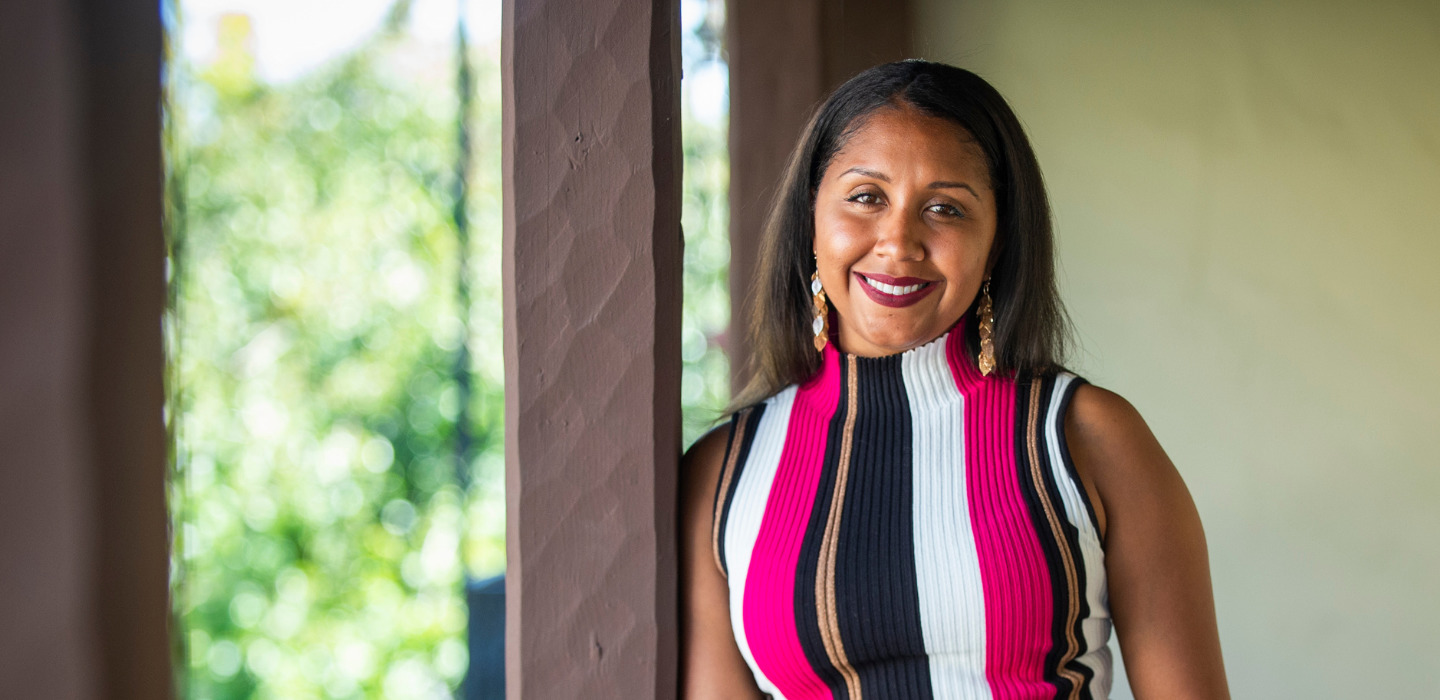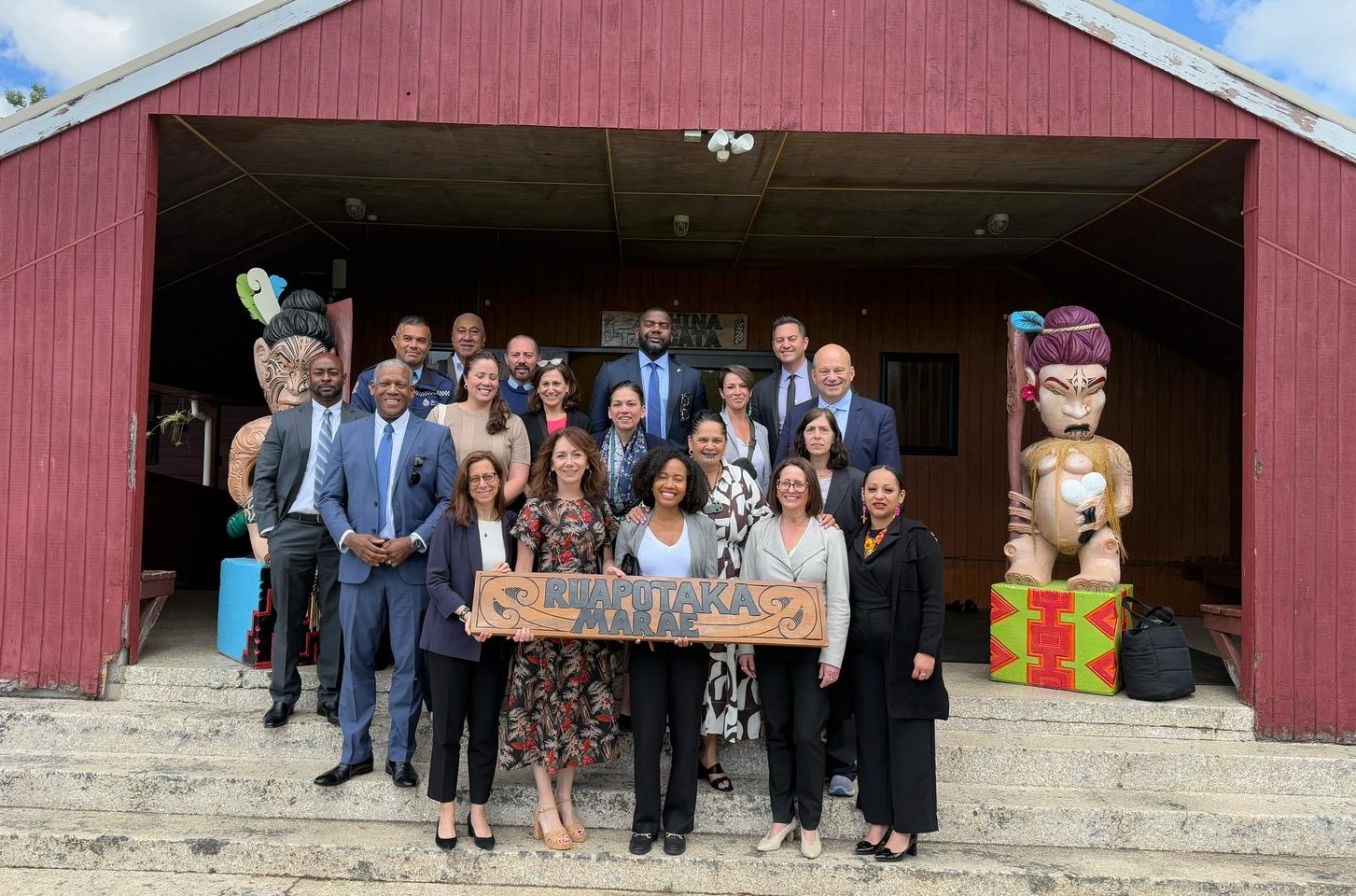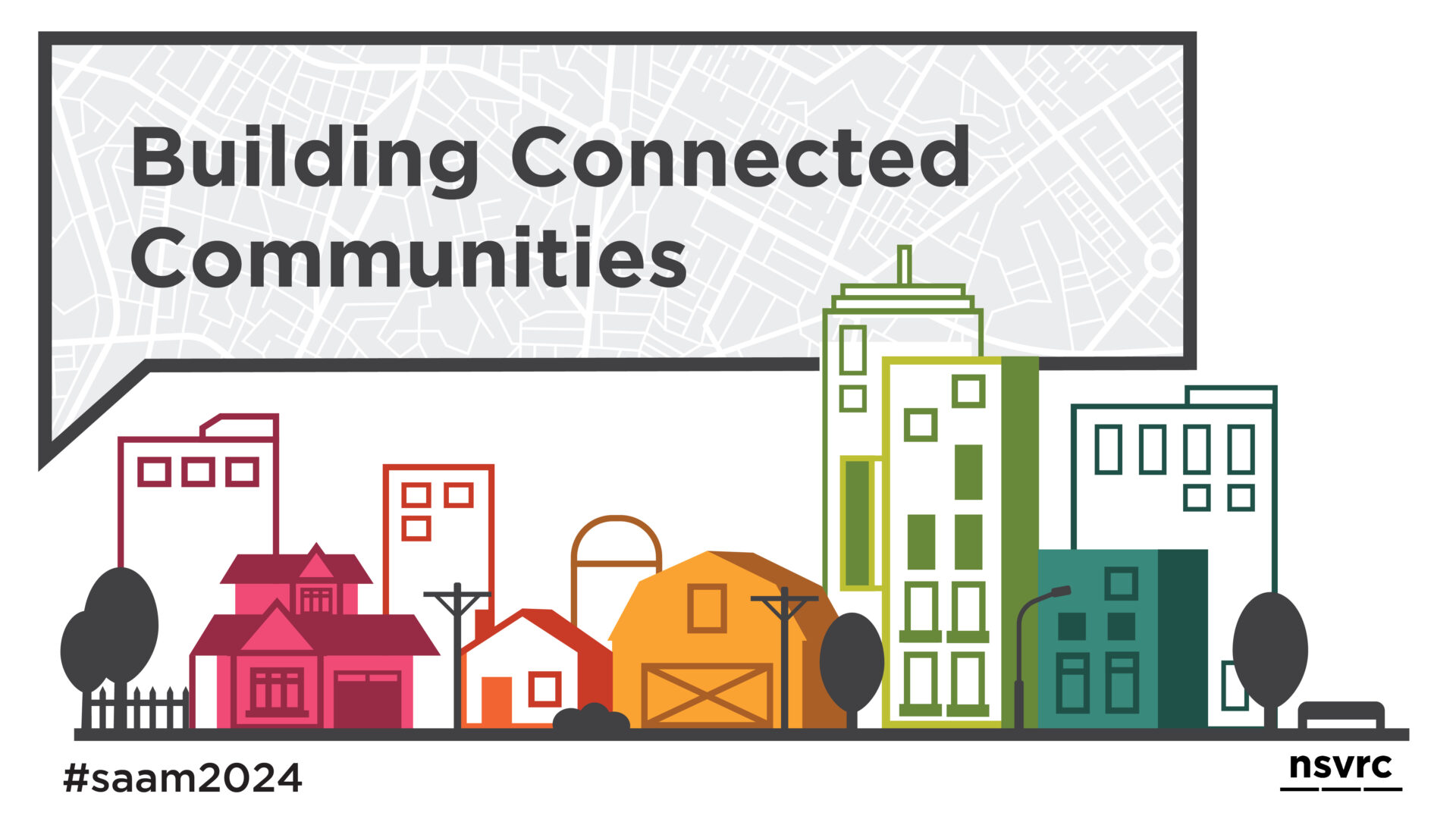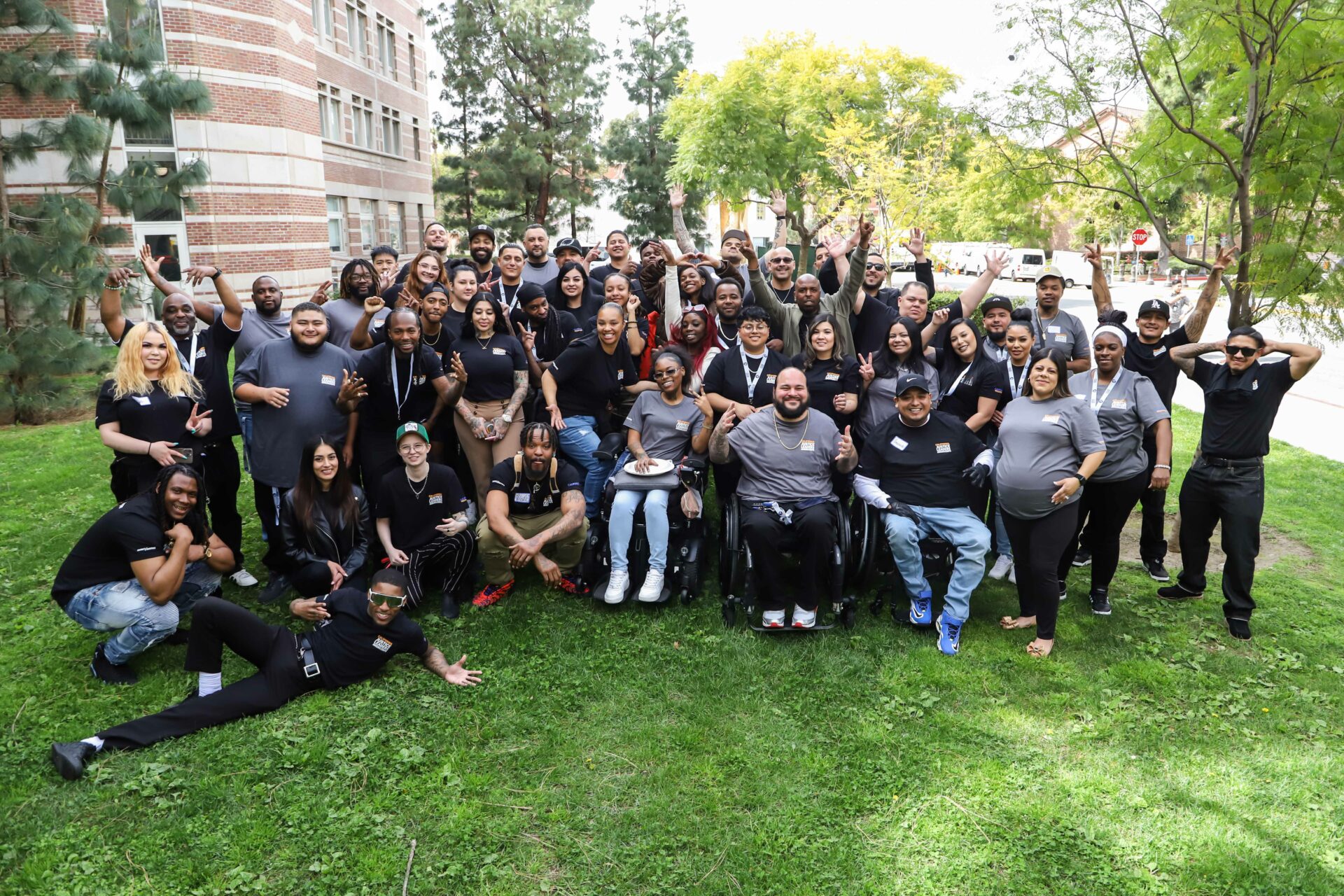“Everyone deserves a second chance, Terah, because not everyone gets it right on the first try,” my mother told me when we were deep in conversation about crime and redemption. This profound statement, coming from a law-abiding woman, initially took me by surprise. Then I thought about how much I have learned about the appeal of second chances—not just among those seeking a fresh start but also among people with the capacity to help make second chances possible.
Nearly four years ago I helped launch Impact Justice’s The Homecoming Project, which matches people who believe in second chances with men and women leaving prison, for whom success in the long term depends in large part on having a safe and stable place to live initially. The community residents, whom we refer to as hosts, receive a stipend in exchange for providing a room in their home for up to six months.
We’ve found that shared housing becomes the foundation for relationships that enrich the lives of both parties, in many cases long after the host arrangement ends. Since The Homecoming Project’s founding in August 2018, the project has expanded in scale and geographically, a growth trend that continues, and garnered two national awards for its innovative and effective housing-first approach to reentry. Helping to shepherd The Homecoming Project from an idea to a model program is one of my proudest accomplishments.
When President Biden proclaimed April as Second Chance Month—elevating a tradition the nonprofit organization Prison Fellowship started a few years ago—he described the United States as a “Nation of second chances,” and called on all Americans to welcome the more than 640,000 people who leave prison every year having paid their debt to society—indeed often overpaying by serving unnecessarily long sentences in unjustly harsh environments. The President also underscored how much more work remains to be done to build systems and a society that offers people “meaningful opportunities for rehabilitation and redemption.”
My mother and the people I’ve met through The Homecoming Project give me hope that, collectively, we can remove the legal and other barriers that keep formerly incarcerated people from fully rejoining communities across this country and reaching their potential. And that’s important because their individual success can have far-reaching benefits. I should know. I spent 15 years in prison before helping to found The Homecoming Project.
I was one of the lucky ones. I had the love and support of my mother and other members of our family, good friends, and fierce allies who helped me navigate the many challenges I confronted in the days, weeks, and months after I was paroled. Unlike me, most people leaving prison face the gauntlet of laws, regulations, restrictions, and biases alone or with very little support. As a result, formerly incarcerated people are far more more likely to become homeless, and 75 percent are unemployed a year after release, despite their determination to find a job. Yes, there is far more work to be done. As a formerly incarcerated individual, I still have to constantly remove the scarlet letter of my criminal record and push past unsaid pressure from people to “appreciate what I have,” as if I’m not entitled to more and can’t achieve more. Or I’m confronted by people who view me as exceptional, utterly unlike other formerly incarcerated people. But I understand that we are all interconnected: if another formerly incarcerated person is struggling to reintegrate back into society, I am also impacted by their struggles. And so are you.
My ultimate (second chance) hope is that the United States can move from being an excessively judgmental and punitive country to a far more forgiving and inclusive society with equitable opportunities for all. It was a proud moment when I realized my mother harbors a similar hope, one perhaps shaped in part by her love for a daughter who made serious mistakes early in life and then worked hard to earn a second chance.
Second chances come in an infinite variety of forms, but all share the same underlying quality: they involve helping someone up who has previously fallen down. What I’ve learned from my life’s journey and from The Homecoming Project is that each of us has the capacity to help lift up another person, whether that involves opening your home, expanding your workforce, working to change counterproductive laws and policies, or like my mother, talking to family and friends about how everyone deserves a second chance.
Terah Lawyer-Harper, founding Associate Director of The Homecoming Project at Impact Justice recently became Executive Director of our partner organization, CROP.




